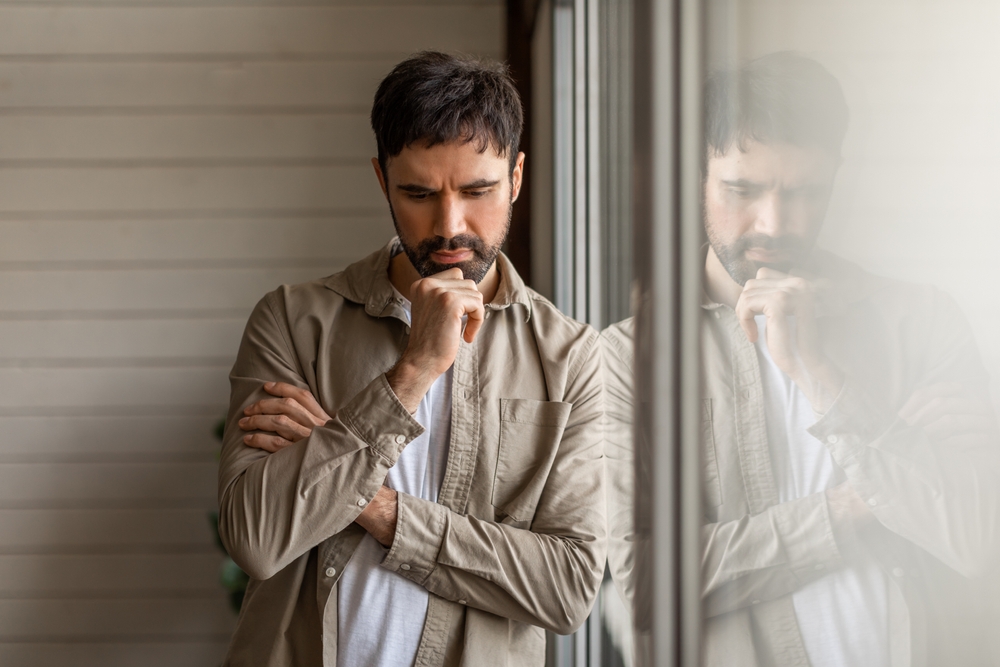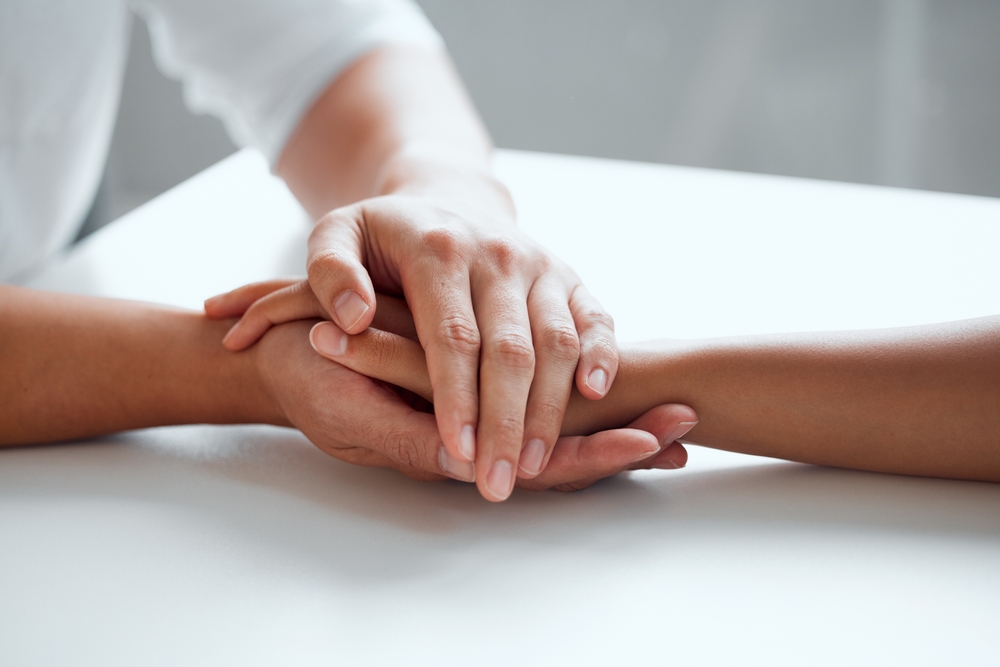Emotional wounds from childhood are not always easy to recognize, but they shape the lives of many adults in ways that often go unnoticed. These wounds are not just memories or bad days from the past. They are deeply rooted patterns that impact how adults think, behave, and feel in their everyday lives. From the way they respond to criticism to how they build relationships, much of adult emotional behavior has its roots in early experiences. Many adults may not even realize they are reacting to situations through the lens of their childhood pain.
As children, people look to their caregivers for safety, support, and validation. When those needs are not met consistently, it can create long-term damage to the emotional foundation. These early injuries may come from being ignored, judged harshly, compared to others, or pressured to meet unrealistic expectations. Even loving households can inadvertently foster wounds through emotional absence, conditional approval, or constant correction. The result is a lingering sense of insecurity, low self-worth, or an inability to feel safe in one’s emotions.
Over time, adults often learn to cover these wounds with productivity, perfectionism, or people-pleasing. They may become the high achiever, the peacekeeper, or the person who always puts others first. But under the surface, they often feel anxious, inadequate, or disconnected. These coping strategies might make life appear functional on the outside, but they can block true emotional healing. Understanding these emotional wounds helps adults reconnect with their authentic selves and begin a healthier way of living.
Acknowledge the Pain

Many adults try to minimize their childhood experiences, comparing them to others or telling themselves to “move on.” True healing starts when pain is acknowledged honestly. Whether it was neglect, criticism, or conditional love, validating your own experience is essential. Writing, reflecting, or speaking about it allows the wound to be seen and processed.
Practice Self-Compassion

Self-compassion is the antidote to self-criticism. Adults who carry emotional wounds often judge themselves harshly for struggling. Replacing this inner judgment with understanding helps rewire the brain’s emotional responses. This can include using gentle self-talk, giving yourself grace during setbacks, or engaging in acts of kindness toward yourself, even when it feels uncomfortable.
Set Healthy Boundaries

Boundaries are necessary for healing. They create space for safety, growth, and self-respect. Many wounded adults struggle with saying no or identifying their limits. Begin with small actions, like turning down a request or taking a break when needed. Boundaries help reduce burnout and reinforce the idea that your needs are important.
Seek Safe Relationships

Healing in isolation is difficult. Adults benefit greatly from relationships that are consistent, respectful, and affirming. Look for people who listen without judgment, respect your boundaries, and offer support without conditions. Healthy relationships provide a safe space to practice new emotional habits and build trust.
Learn Emotional Regulation

Adults with childhood wounds may feel overwhelmed by strong emotions. Learning how to manage these feelings builds resilience. Techniques like mindfulness, body scanning, breathing exercises, or grounding techniques can reduce reactivity. Over time, emotional regulation helps adults feel more in control of their responses and less like a prisoner to their past.
Rewrite Inner Narratives

The stories we tell ourselves shape our lives. Many adults hold onto beliefs like “I’m unlovable” or “I always mess things up.” Identifying and challenging these stories helps shift perspective. Replace limiting beliefs with new, empowering ones like “I am worthy of love” or “I can make mistakes and still grow.” Rewriting these scripts changes identity from victim to survivor.
Connect With the Inner Child

Your younger self still lives inside you. Connecting with that inner child through visualization, journaling, or creative play can unlock powerful healing. Imagine offering comfort to that child, reminding them that they are safe and loved now. Many adults find peace in revisiting childhood through compassionate eyes.
Prioritize Rest and Joy

Adults who spent childhoods in survival mode often forget how to relax. Rest and joy are not luxuries, but necessities for emotional healing. Seek activities that bring laughter, lightness, and satisfaction. Whether it is music, hobbies, art, or time in nature, joy helps balance the emotional load and reminds the nervous system that life can be safe and rewarding.
Embrace Forgiveness

Forgiveness is not about excusing harm, but about freeing yourself from the weight of resentment. Adults can choose to forgive themselves, parents, or others, not because it was acceptable, but because it brings peace. Forgiveness allows energy to be redirected toward healing instead of holding onto pain.
Stay Patient With the Process

Healing takes time and often includes setbacks. Adults may uncover layers of pain they did not expect. That is part of the process. Celebrate small victories, be gentle during hard days, and remember that emotional healing is not about perfection. It is about moving forward with intention, one step at a time.
Final Thoughts

Many adults carry emotional wounds that began before they could speak or understand what was happening. These hidden scars shape behavior, relationships, and identity. But carrying pain is not the same as being broken. With awareness and effort, healing becomes not only possible but life-changing. By addressing these old injuries, adults can begin to live with more freedom, joy, and emotional honesty than ever before.
Read More: Why People Who Grew Up in Chaos Often Struggle with Peace Later in Life
Disclaimer: This article was created with AI assistance and edited by a human for accuracy and clarity.
